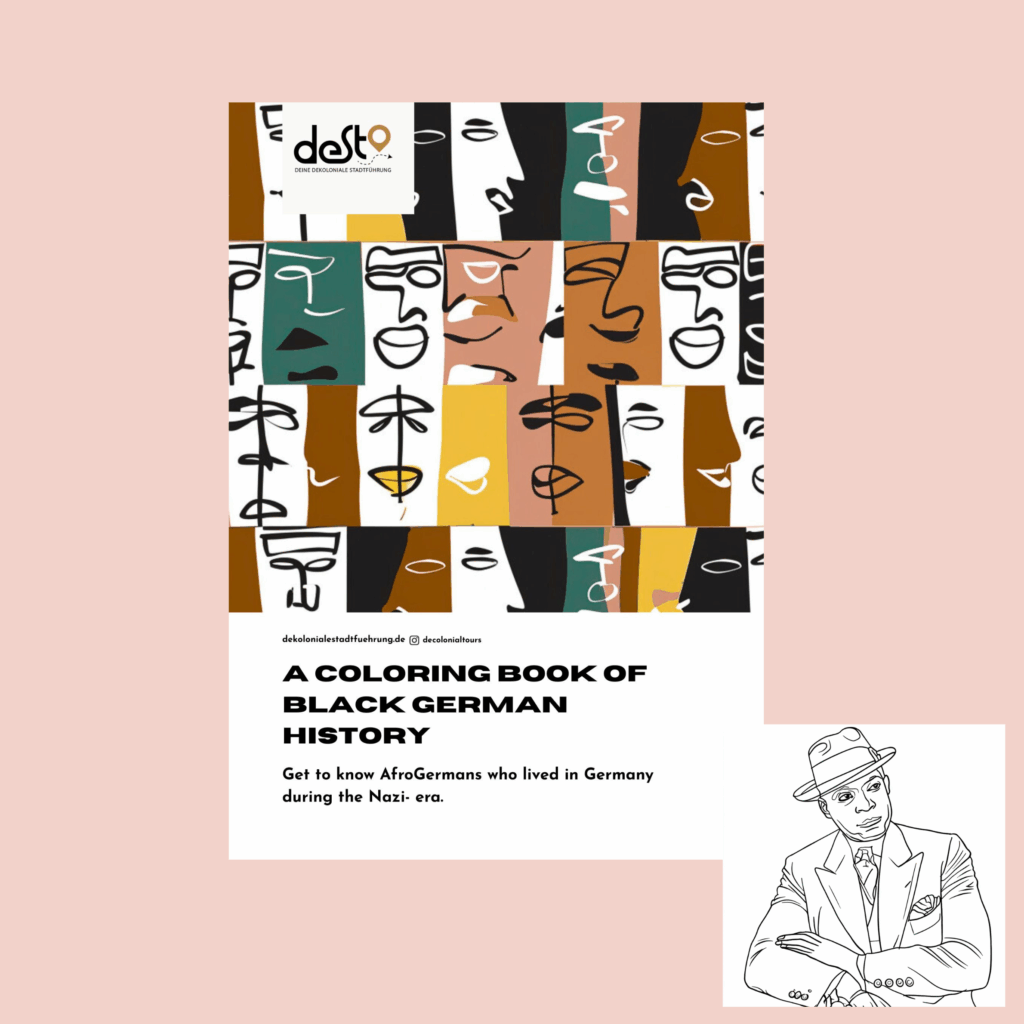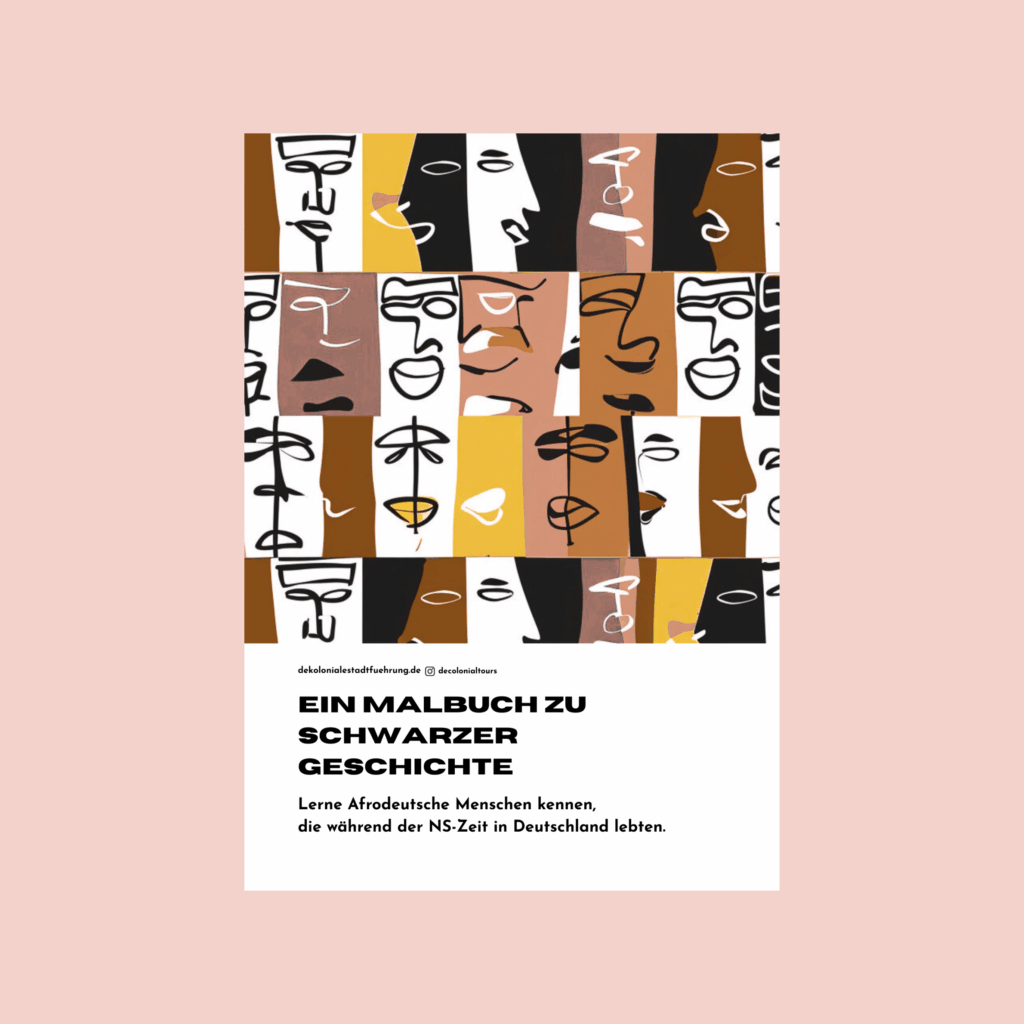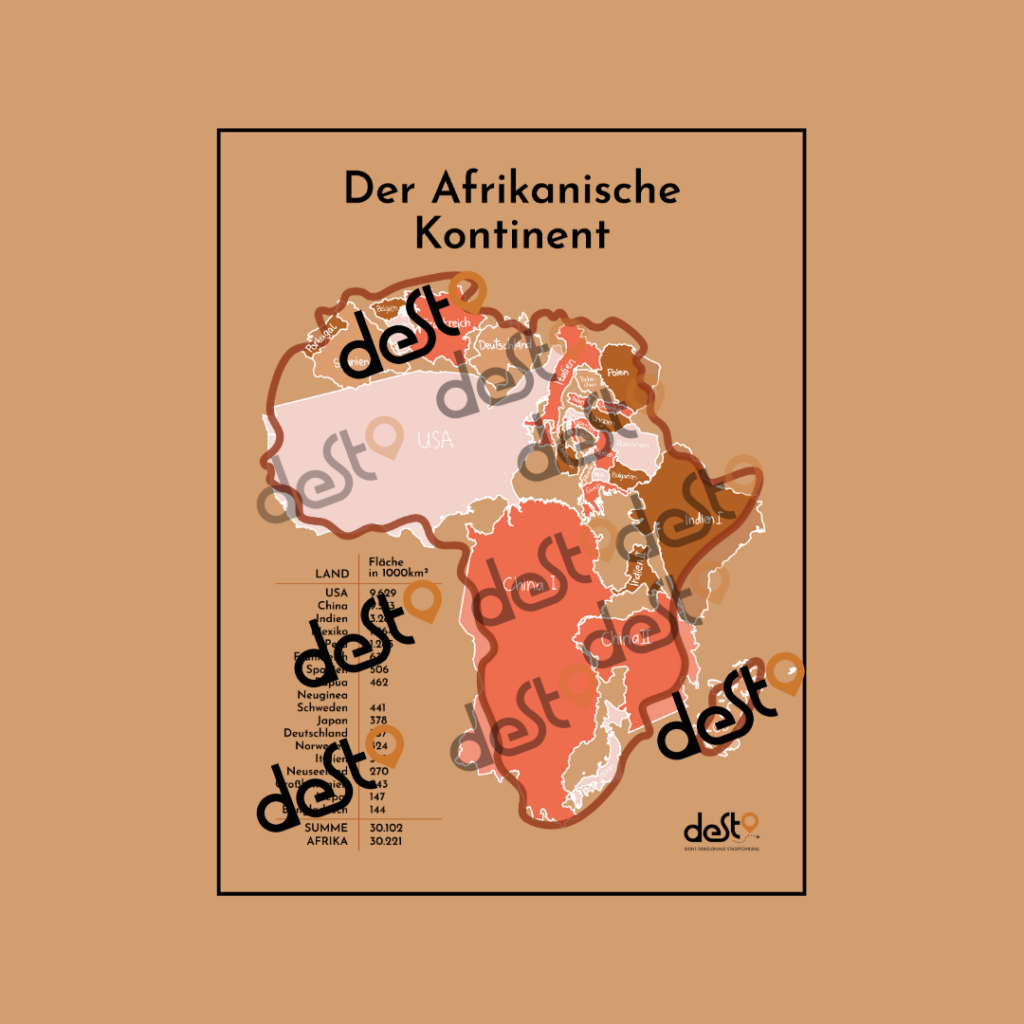Our Discrimination-sensitive glossary is an indispensable tool for all those who Language consciously and respectfully want to use. It offers clear, understandable explanations of terms that are used in the context of Discrimination, diversity and inclusion are of importance. The glossary helps, Sensitive topics precisely and discriminatory expressions in order to promote respectful and inclusive communication.
From experts in the fields of Diversity, Anti-discrimination and Education developed, this glossary is aimed at The company, Organizations, Educational institutions and individuals who want to gain a deeper understanding of a Mindful and non-discriminatory language want to develop.
Teaching and learning materials
Press articles, blog posts and book recommendations
Filter by category:
Books in English
- Thil
They Were Her Property: White Women as Slave Owners in the American South
Stephanie E. Jones-Rogers
A groundbreaking book about the often overlooked role of white women in the American slave system. Stephanie E. Jones-Rogers shows how they actively participated in the slave market, profited economically and used brutal management strategies - a new look at power and responsibility in the history of slavery.
Books in German
- Thil
Amon. My grandfather would have shot me.
Jennifer Teege
An impressive memoir about cultural trauma and personal identity. At the age of 38, Jennifer Teege discovers by chance that her grandfather was the notorious Nazi criminal Amon Göth - a realization that shatters her life and confronts her with profound questions about origin, guilt and identity.
Books in German
- Thil
Black studies
Ina Wudtke
A Tribute to Fasia Jansen, Hilarius Gilges & Joseph Ekwe Bilé
The book is a multidirectional reminder of past and present anti-racist struggles in Germany. It documents Wudtke's audio installation Black Lives Audio Triptych and brings to life archive material - especially photos, songs and texts - about Fasia Jansen and Hilarius Gilges.
Books in German
- Thil
Being German and Black at the same time: Memoirs of an Afro-German
Theodor Michael
This book shows the often forgotten history of colonial migrants in Germany and their discrimination over the course of time - from initial acceptance to systematic exclusion. An important read to better understand the effects of colonialism and racism in Germany.
Audio guide tours in Berlin
Coming soon...









